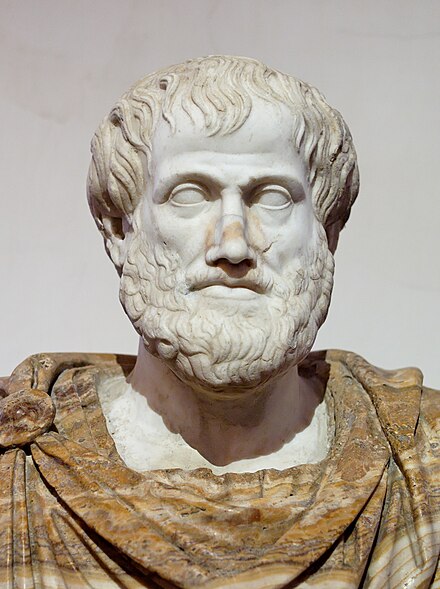Research
Research is "creative and systematic work undertaken to increase the stock of knowledge".[1] It involves the collection, organization and analysis of evidence to increase understanding of a topic, characterized by a particular attentiveness to controlling sources of bias and error. These activities are characterized by accounting and controlling for biases. A research project may be an expansion on past work in the field. To test the validity of instruments, procedures, or experiments, research may replicate elements of prior projects or the project as a whole.
The primary purposes of basic research (as opposed to applied research) are documentation, discovery, interpretation, and the research and development (R&D) of methods and systems for the advancement of human knowledge. Approaches to research depend on epistemologies, which vary considerably both within and between humanities and sciences. There are several forms of research: scientific, humanities, artistic, economic, social, business, marketing, practitioner research, life, technological, etc. The scientific study of research practices is known as meta-research.
The word research is derived from the Middle French "recherche", which means "to go about seeking", the term itself being derived from the Old French term "recerchier" a compound word from "re-" + "cerchier", or "sercher", meaning 'search'.[3] The earliest recorded use of the term was in 1577.[3]
Research has been defined in a number of different ways, and while there are similarities, there does not appear to be a single, all-encompassing definition that is embraced by all who engage in it.
Research in simplest terms is searching for knowledge and searching for truth. In a formal sense, it is a systematic study of a problem attacked by a deliberately chosen strategy which starts with choosing an approach to preparing a blueprint (design) and acting upon it in terms of designing research hypotheses, choosing methods and techniques, selecting or developing data collection tools, processing the data, interpretation and ends with presenting solution/s of the problem.[4]
Another definition of research is given by John W. Creswell, who states that "research is a process of steps used to collect and analyze information to increase our understanding of a topic or issue". It consists of three steps: pose a question, collect data to answer the question, and present an answer to the question.[5]





